This visionary entrepreneur knew that It would be necessary to have a large influx of employees to make the quantity of cigars he needed for his customers. In order to attract immigrant workers to his factories, Ybor built hundreds of small houses. Thus, Ybor City was born.
Florida’s first industrial town was annexed by Tampa in 1887 - two years after Ybor founded it. Ybor is unique among American Southern Towns in that it was entirely populated and owned by immigrants.
This Tampa neighborhood flourished until the Great Depression of the 1930’s, when demand for cigars diminished and industrial mechanization cut into employment. By the 1970’s, large portions of Ybor City had been abandoned. A decade later, an influx of artists began to revitalize the town, renovating many of the old cigar factories into studios, night clubs and restaurants. Eventually, Ybor City was designated a National Historic Landmark and it’s main commercial thoroughfare, 7th Avenue, was labeled one of the “...10 Great Streets in America.”
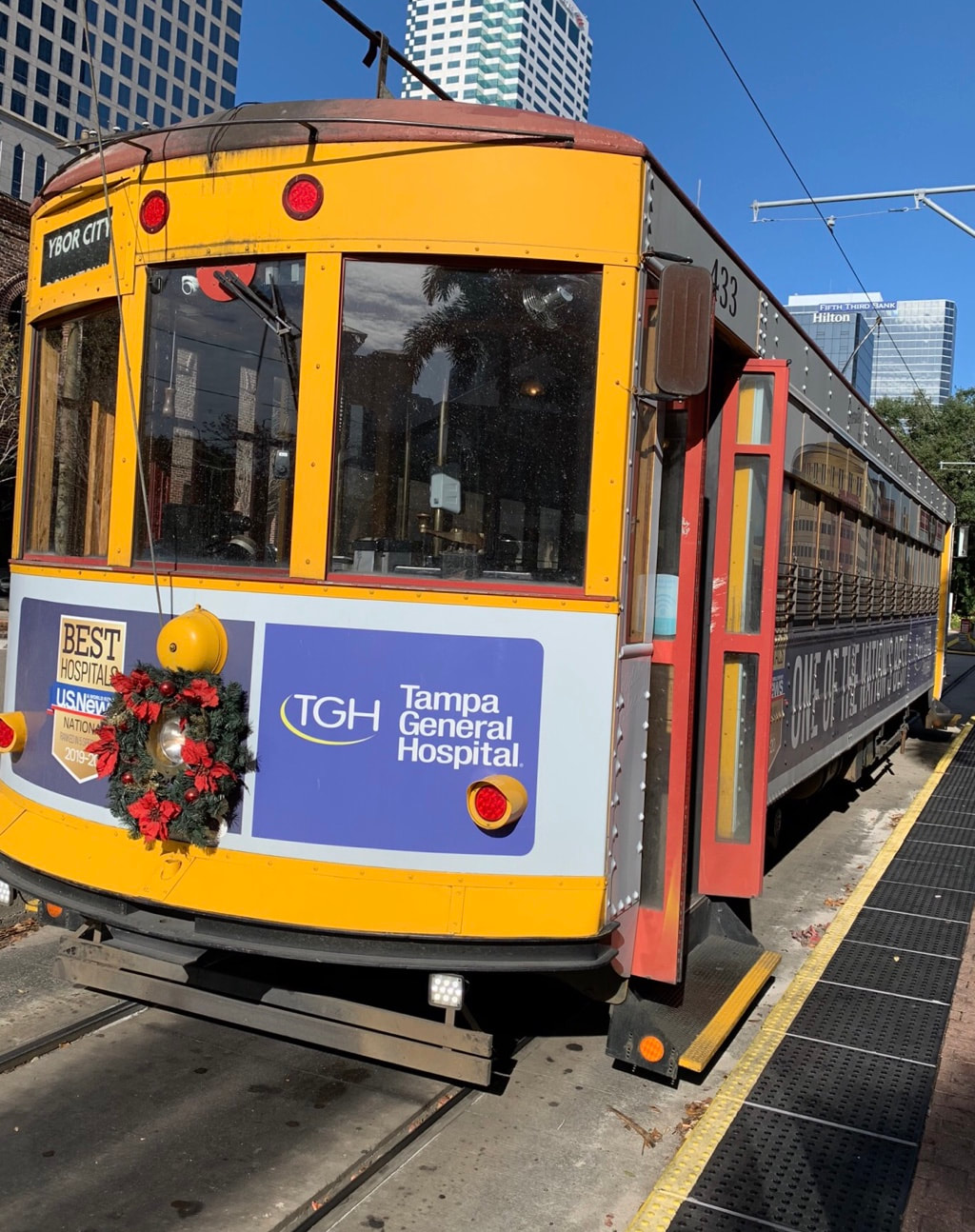
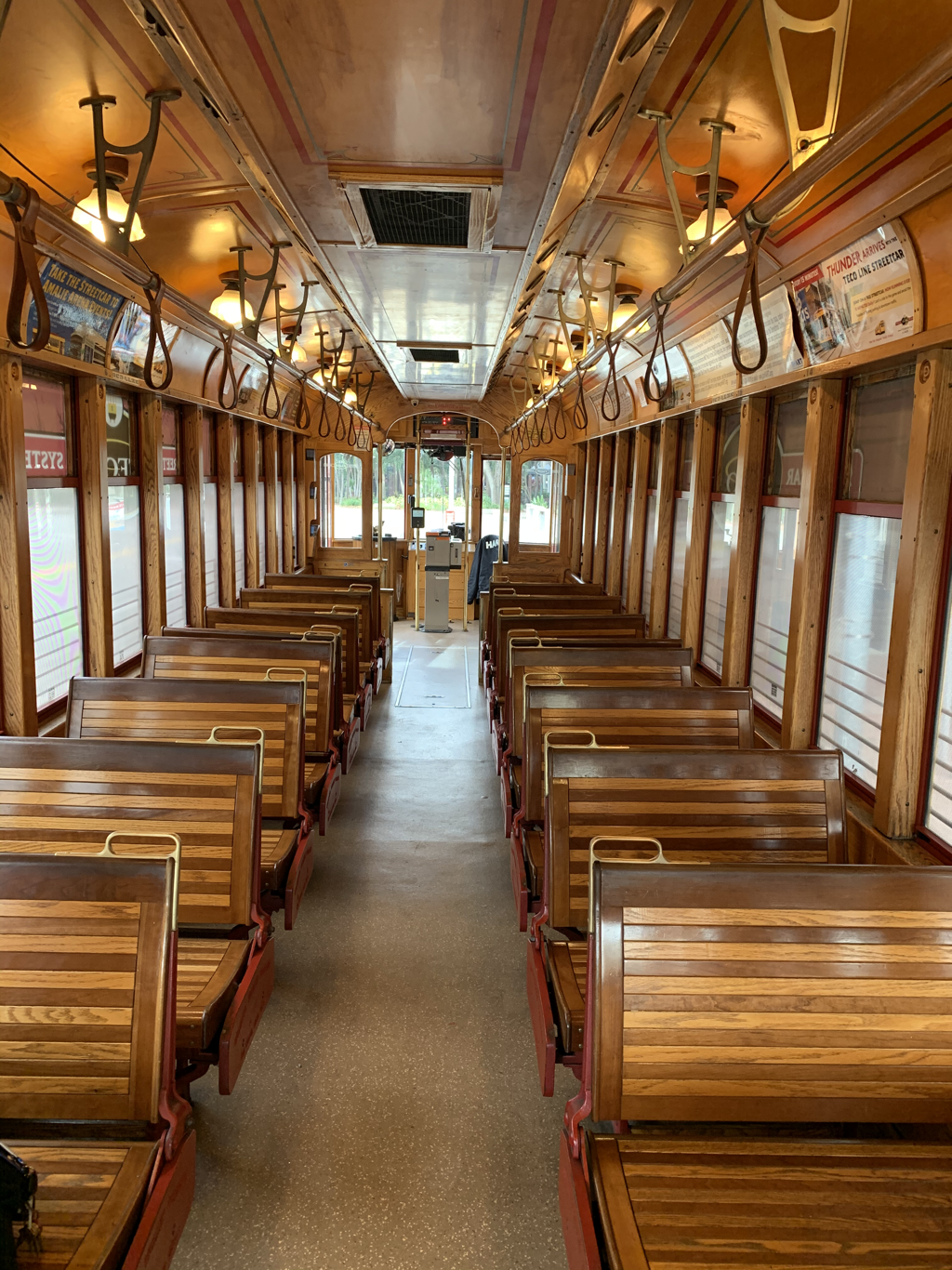
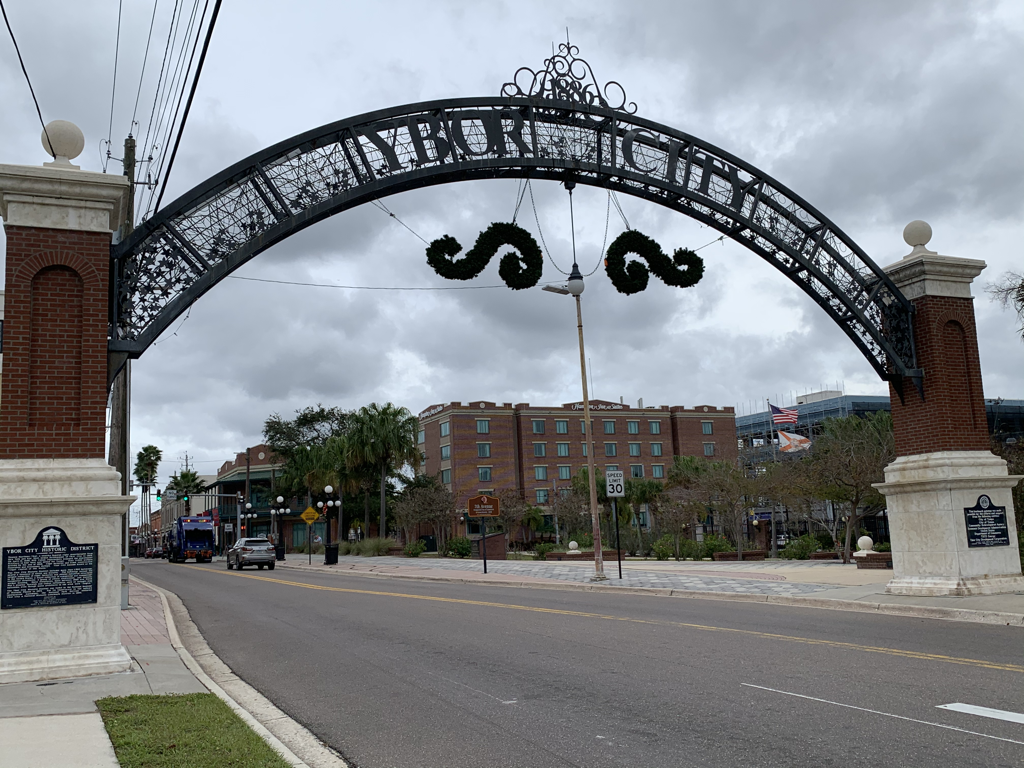
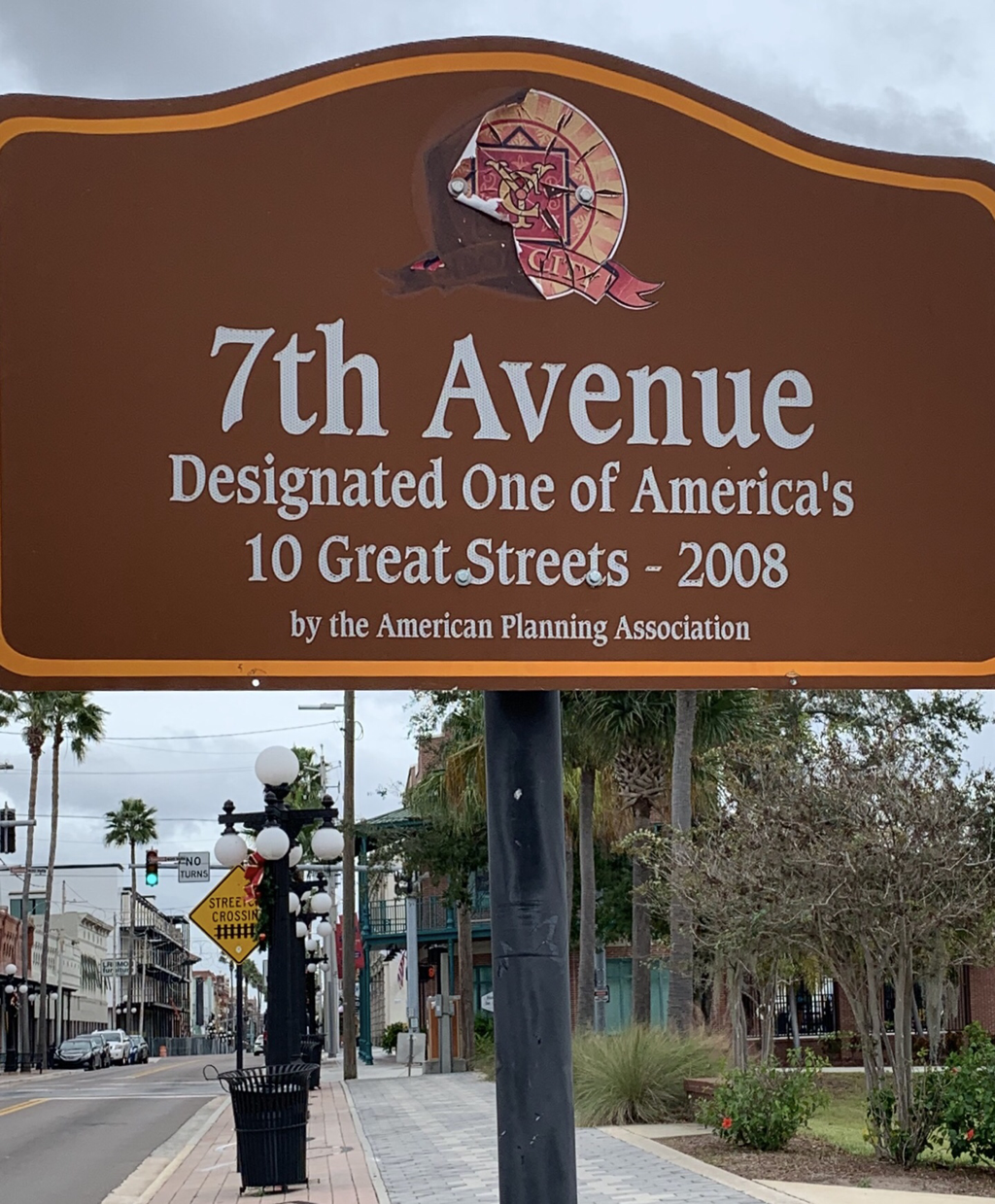
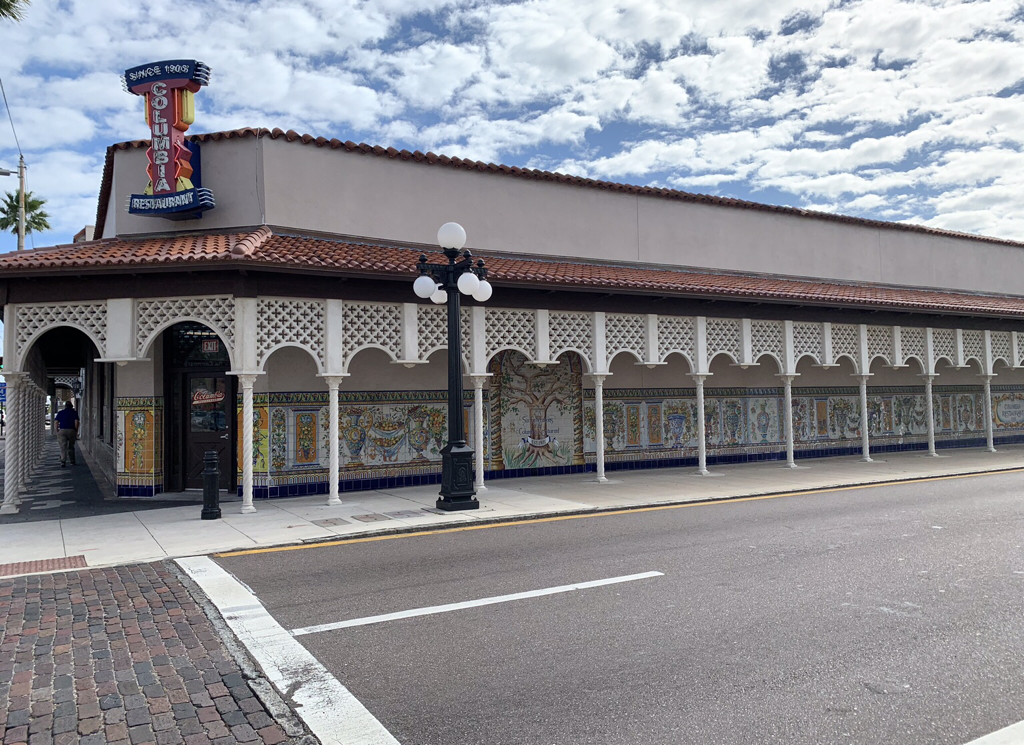
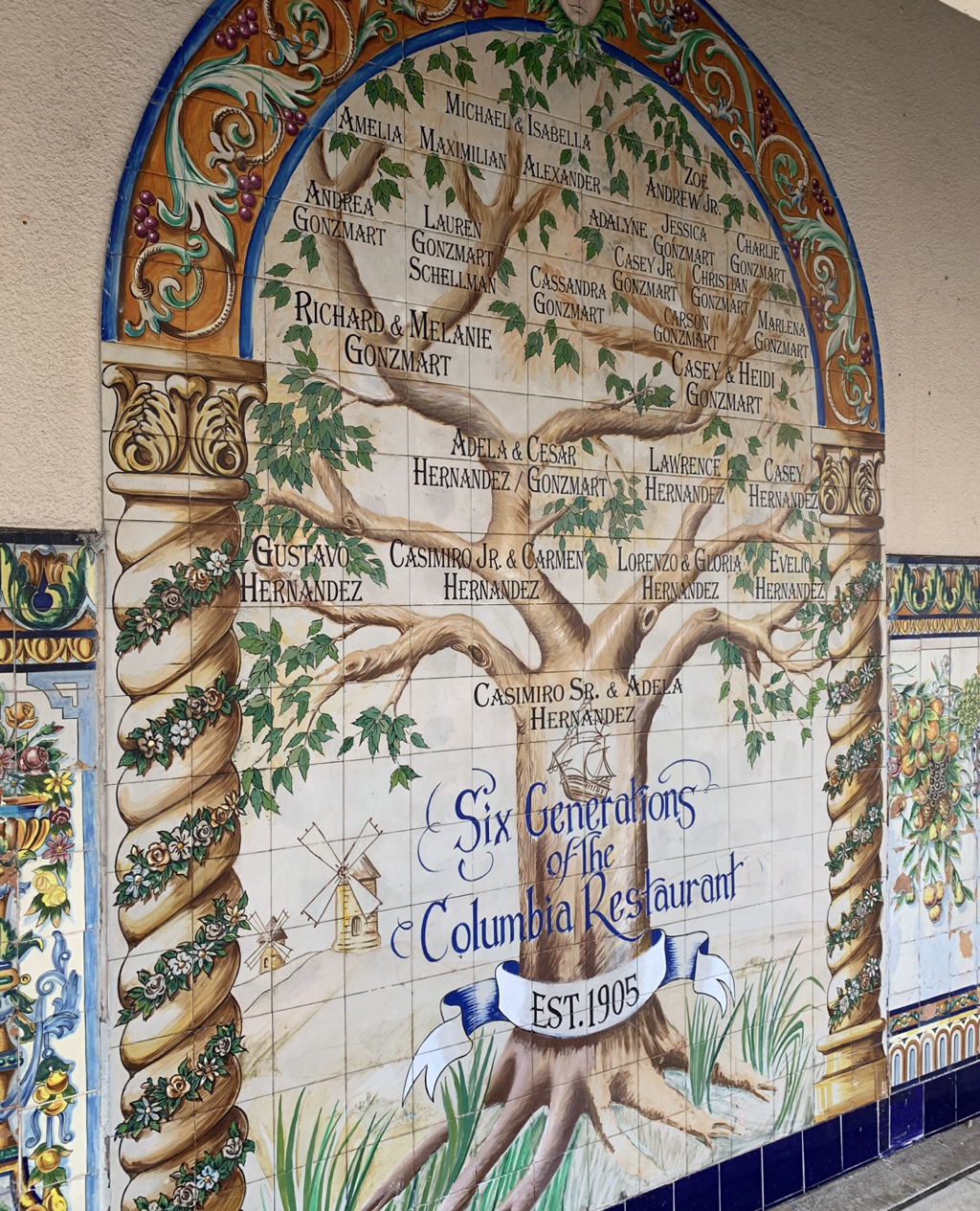
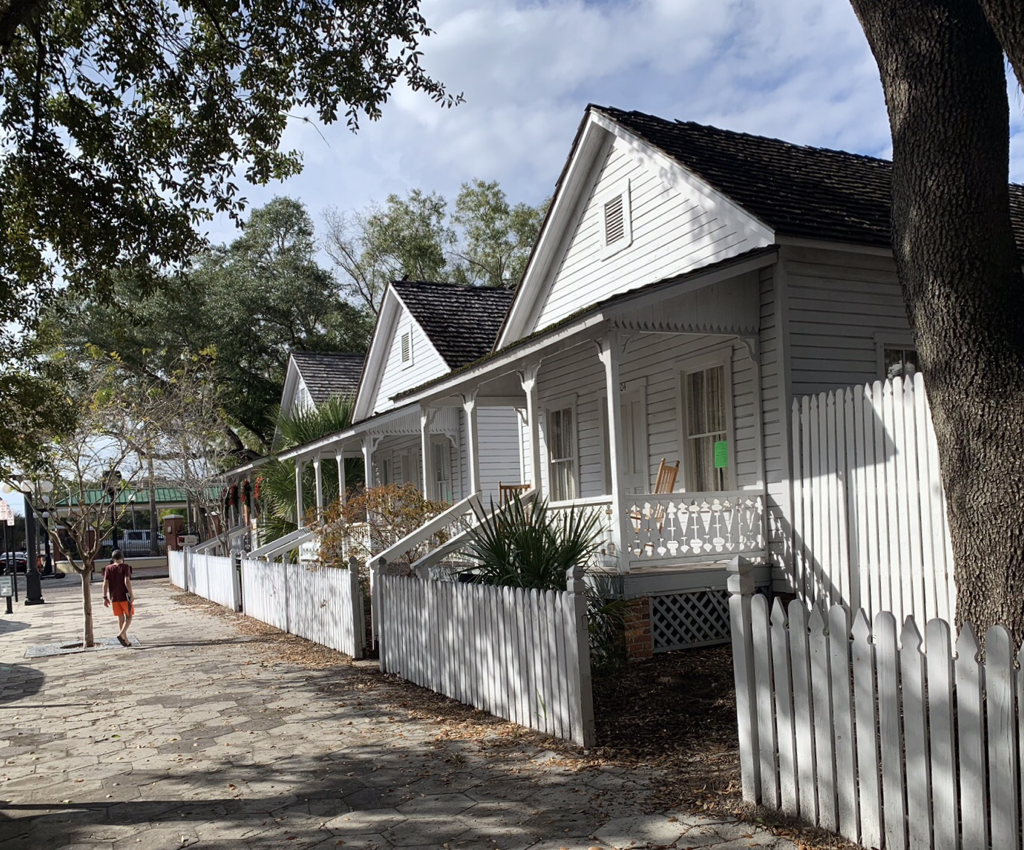
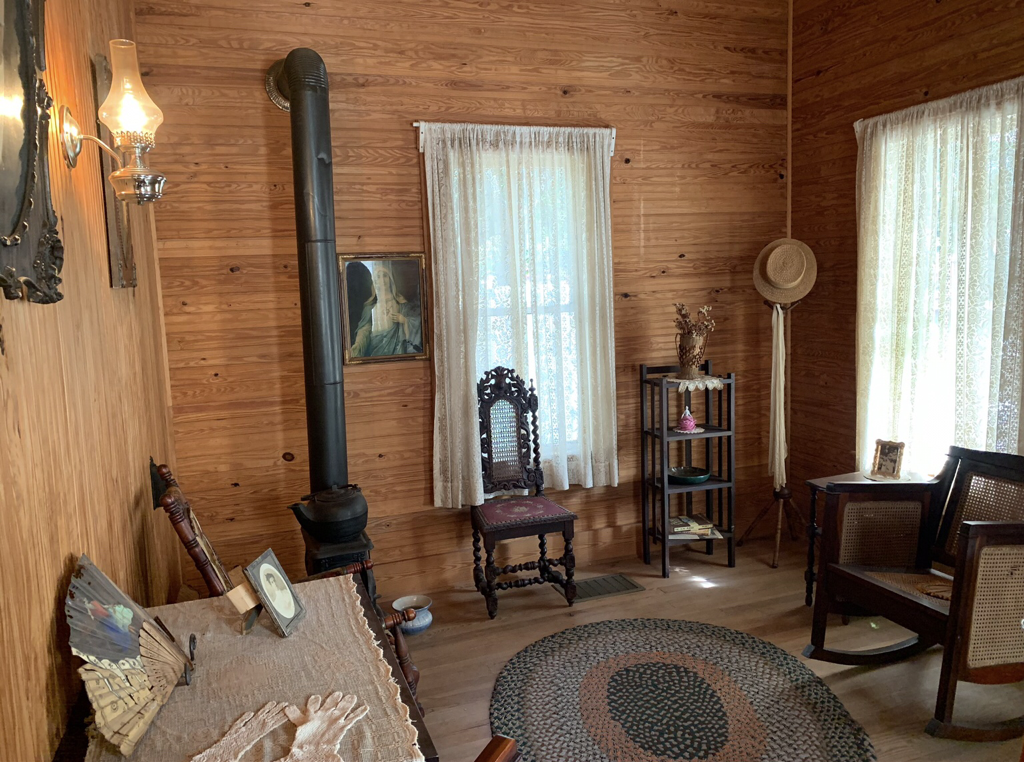
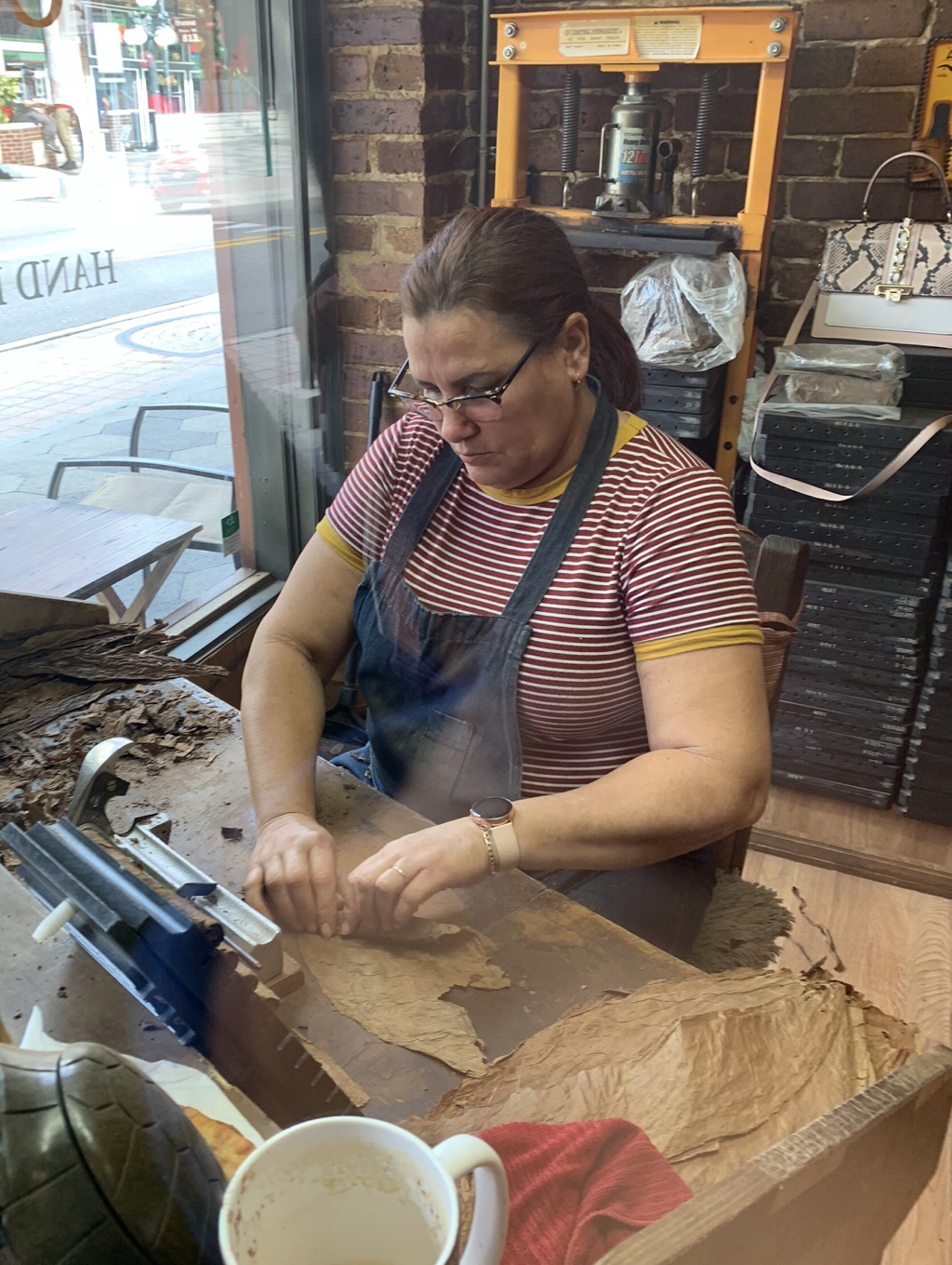
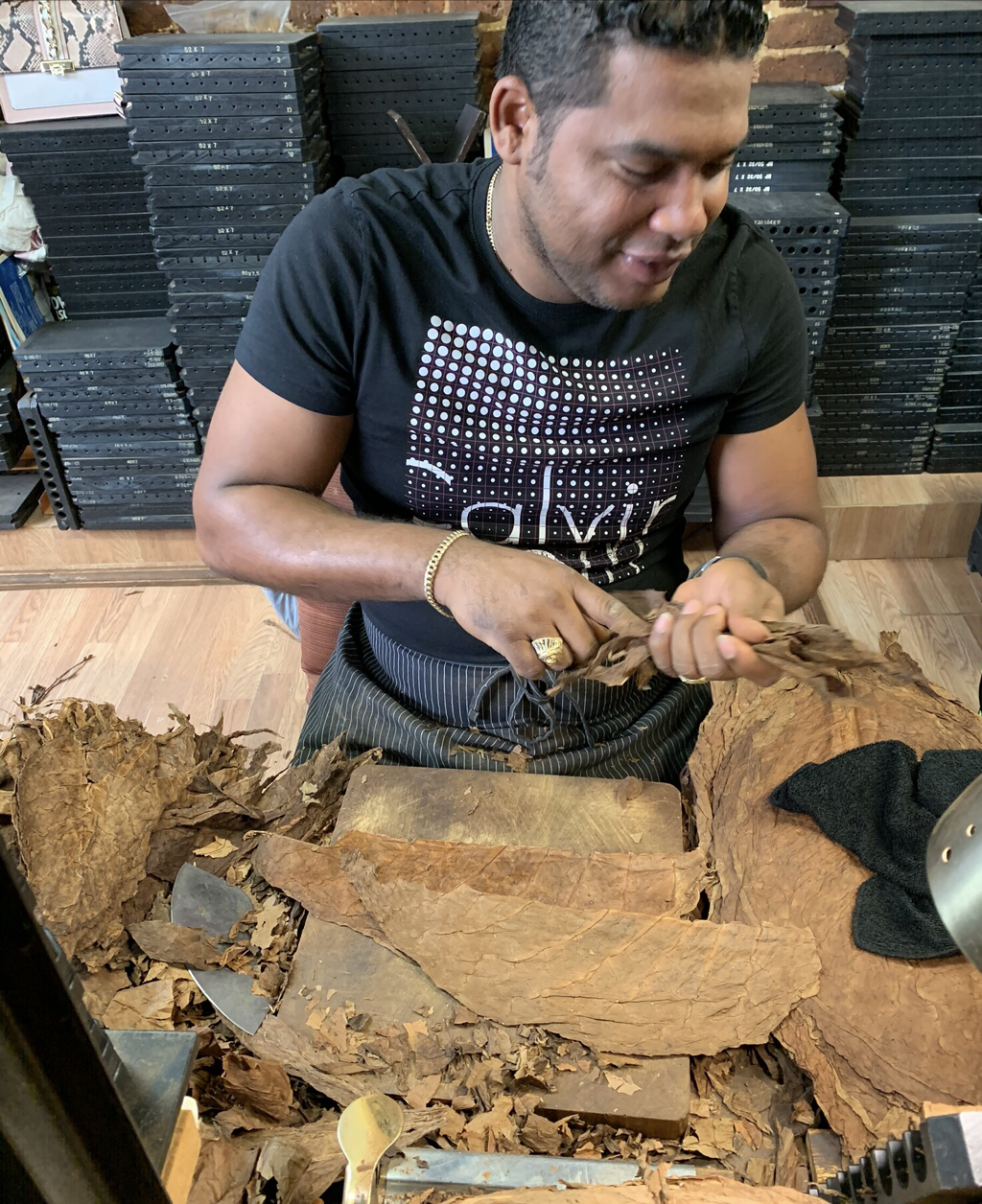
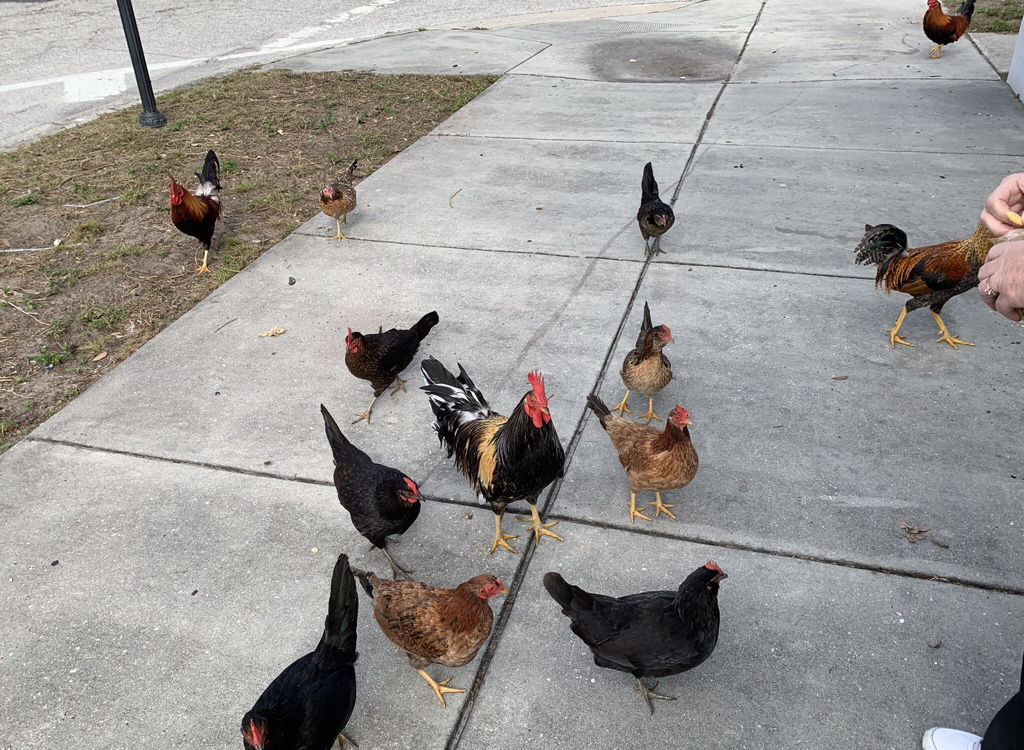
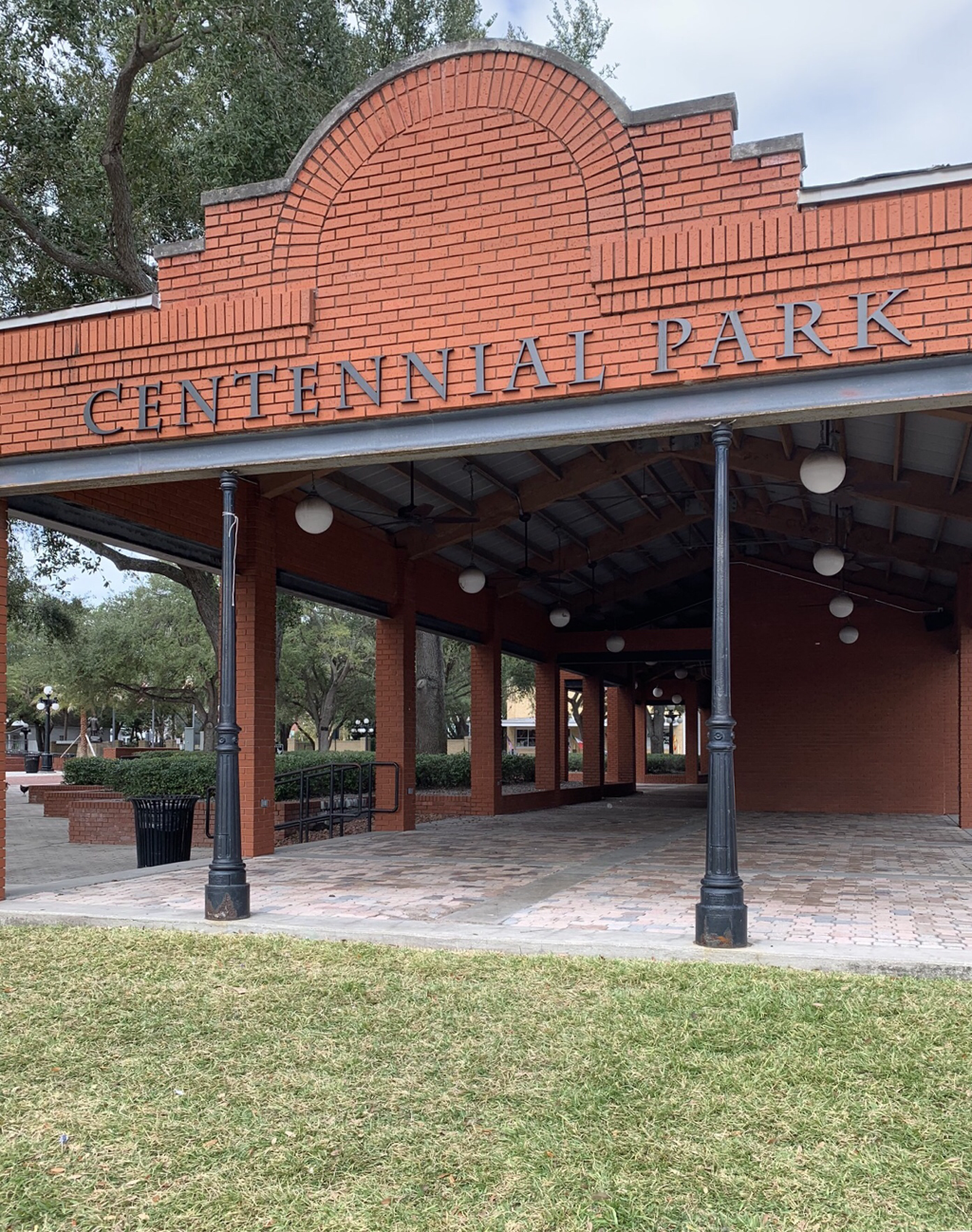
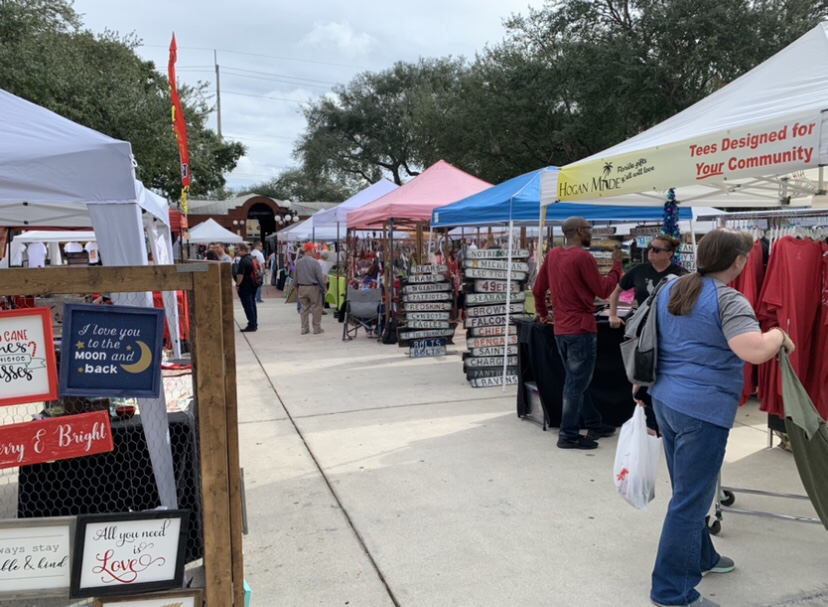
 RSS Feed
RSS Feed
